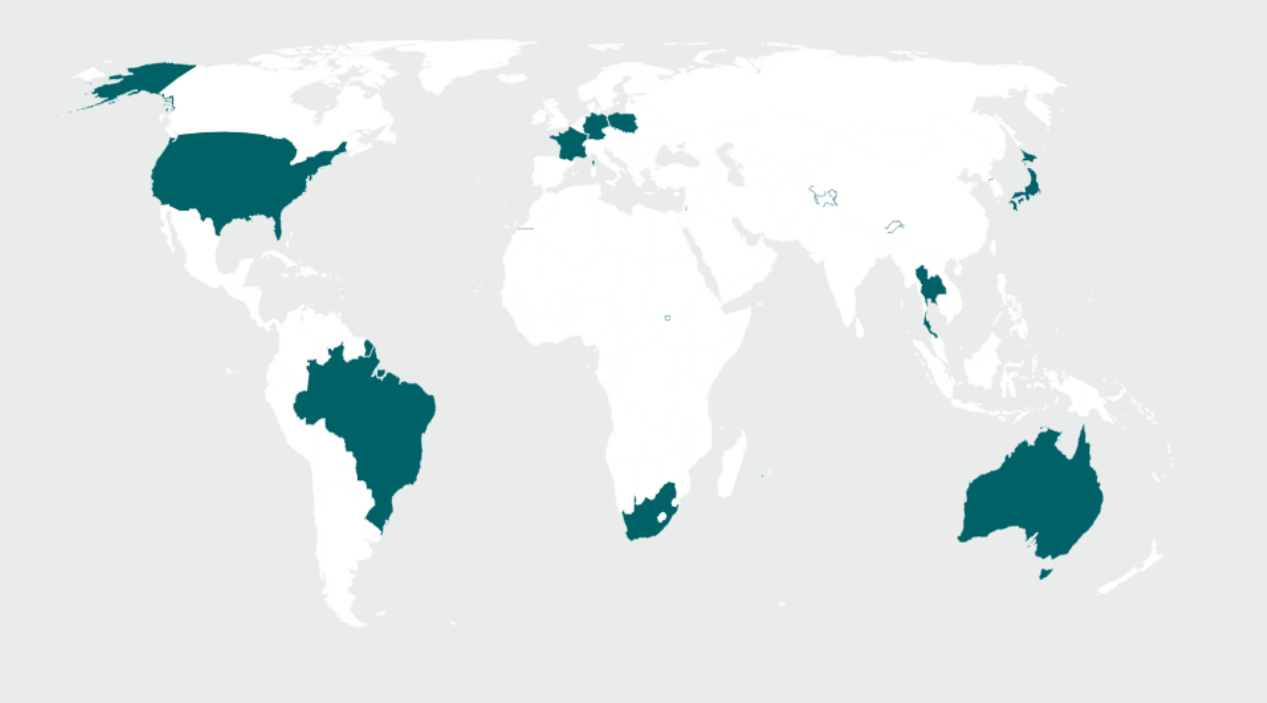
Introduction: The Value of Adult Immunisation in Health Economics
In the face of mounting pressures on global healthcare systems, adult immunisation programmes emerge as a beacon of fiscal responsibility and preventative wisdom. Recent research from the Office of Health Economics (OHE) has illuminated the substantial economic benefits these programs offer across ten diverse countries including Australia, Brazil, Germany, South Africa, Thailand, and the United States. With a return on investment of up to 19 times the initial outlay, the impact of adult immunisation stands as an exemplar of preventive healthcare, contributing to the development of a stronger and more resilient society.

The Burden of Vaccine-Preventable Diseases
Vaccine-preventable diseases continue to exert a significant toll on adult populations worldwide. The OHE research underscores the heavy impact of conditions like seasonal influenza, pneumococcal disease, and others on healthcare systems. Adult immunisation programs offer a formidable shield against these diseases, averting severe health outcomes and mortality, especially among the elderly and those with chronic conditions.
Adult Immunisation Economic Impact
The economic modelling conducted by the OHE reveals that adult immunisation programs are not only health-preserving but also cost-saving. By preventing hospitalisations and emergency care, these programs can lead to net cost savings for healthcare systems. For instance, one full vaccination course can yield up to $4637 in net monetary benefits per individual.
Societal and Productivity Gains
Beyond healthcare savings, adult immunisation programs contribute to societal wealth. By preventing disease, they enable individuals to maintain productivity, reducing the economic burden on caregivers and the wider community. This aligns with the broader goals of health and economic equity, particularly benefiting underserved communities.

Recommendations and Future Directions
The OHE report culminates in key recommendations, advocating for a prevention-first approach and robust funding for adult immunisation. It calls for the expansion of these programs as part of a life-course immunisation strategy, emphasising the need for further research to fill existing evidence gaps and inform policy decisions.
Conclusion
Adult immunisation programs are a cornerstone of preventive healthcare, offering unmatched economic benefits. As healthcare systems confront increasing demands, these programs stand as a testament to the power of prevention, offering a sustainable path forward for societies worldwide
